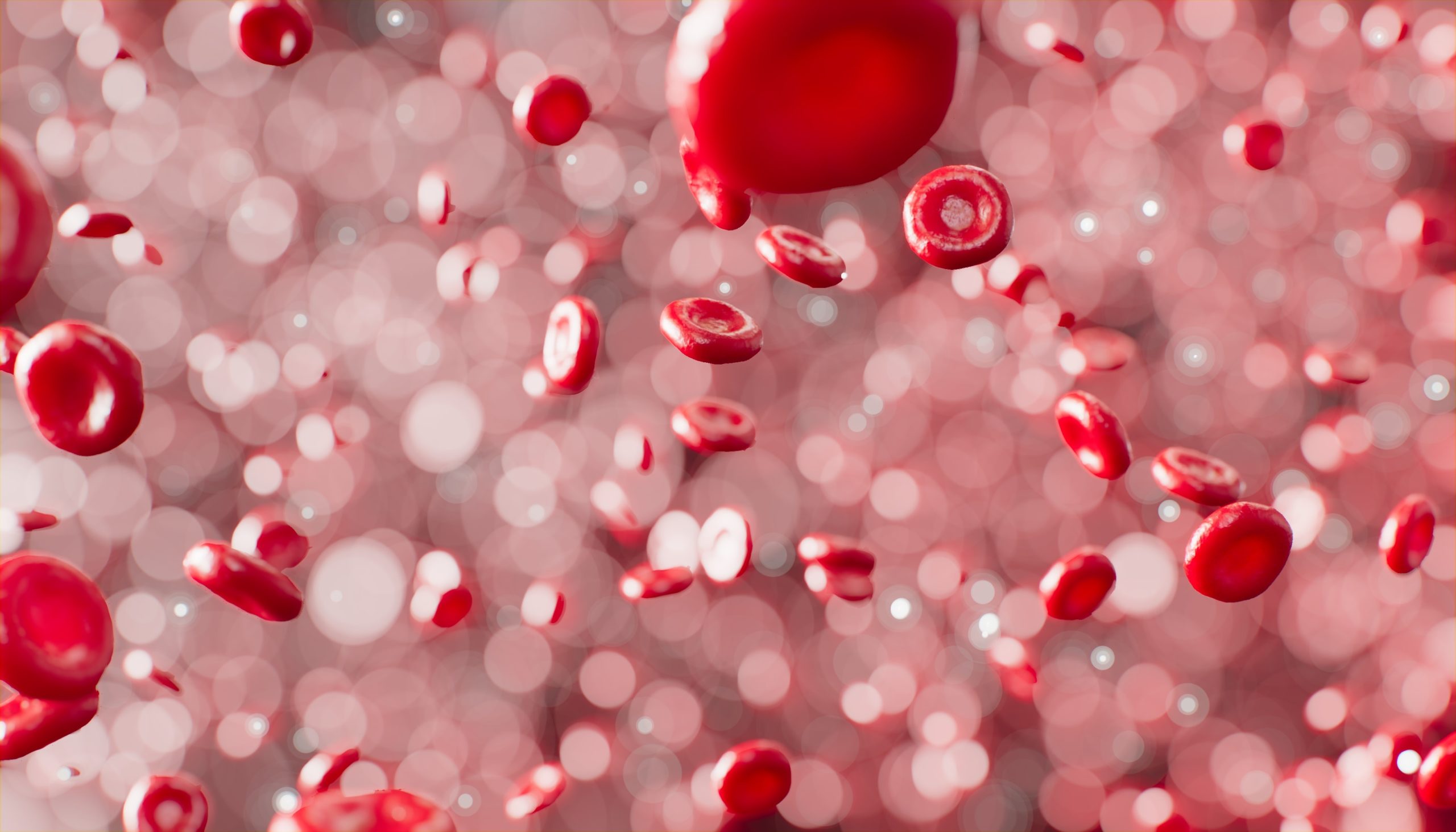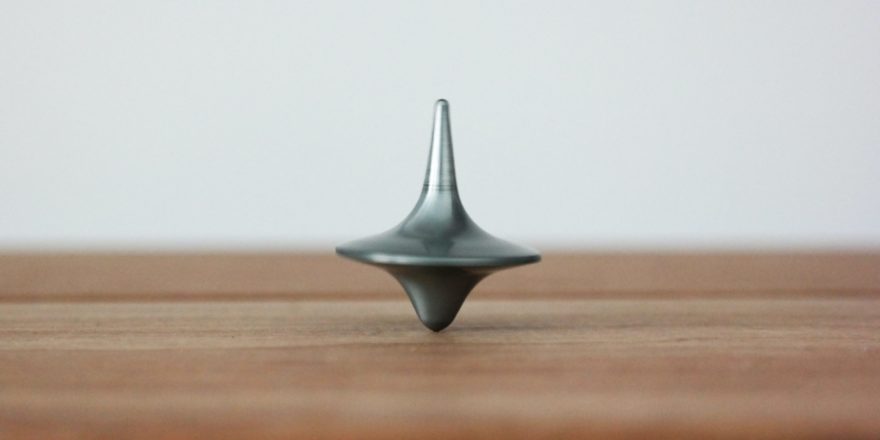Antiphospholipid antibodies (APA) are a significant cause of blood clotting in pregnancy, and clotting disorders are one of the leading causes of miscarriage. Pregnancy makes the blood of all women get thicker, but how much it thickens varies between women and can differ between pregnancies.
If blood gets too thick, the bonds between the blood cells change, and the chances of clots forming naturally increase, and clots trigger severe problems in pregnancy, especially if they form in blood vessels around the placenta. Any clots here will directly restrict the flow of nutrients and oxygen to the baby, and once one clot forms, it increases the chances of more clots if the immune system goes into “stop bleeding” mode.
A higher clotting risk is called “thrombophilia” (a liking to clot) and is the opposite of haemophilia (a lack of clotting). The thicker blood is, the slower it flows, and the presence or absence of immune markers greatly affects the chances of clotting. Because blood is naturally thicker in pregnancy, the immune system has to adapt to the new situation to reduce the chances of blood clots forming. If the mother has thrombophilia, it increases the risk of various complications in pregnancy:
- Implantation failure
- Miscarriage
- Stillbirth
- Pre-term delivery
- Severe preeclampsia
- Babies with low birth weight
Thrombophilia is a significant cause of all these conditions and is found in about 60% of women with unexplained pregnancy loss.
Phospholipids
Phospholipids are molecules that make up the cell walls of all life forms, and they perform essential roles by regulating the flow of molecules in and out of cells. They also control how cells interact with other cells, and they can make cells more ‘sticky’ (crucial for fertilization and implantation) or less sticky:
- If they repel other cells, they can lose essential attachment functions
- If they’re too sticky, cells can stick together too much and “clump”
When phospholipid parts of the immune system are unbalanced, it can affect how cells relate to each other, and an example is the anti-ethanolamine antibody that can stop sperm from binding to eggs, which instantly makes ICSI the treatment option for the couple!
Antiphospholipid antibodies can also encourage blood clotting, which affects fertility because:
- The immune system triggers damage to the cell walls of the blood vessels of the placenta
- Blood cells then stick to the damaged cell walls and create little blood clots
- The clots cause inflammation, scarring and irregularity within the blood vessels
- The inflammatory process accelerates, and more clots form
This process can develop further into antiphospholipid syndrome (APS) (also known as antiphospholipid antibody syndrome (APLS) or Hughes syndrome). APS is an autoimmune state where antibodies induce blood clots (thrombosis) in arteries and veins as well as small capillaries.
This type of blood clotting disorder is called “antiphospholipid” because the immune reaction is to the phospholipids in the blood vessel cell walls. Antiphospholipid syndrome is also seen with other autoimmune diseases, including Systemic Lupus Erythematosus, Crohn’s Disease and Rheumatoid Arthritis.
Types of Clotting Disorder
Blood clotting disorders can develop in two ways:
1.“Inherited thrombophilia” has a genetic basis, and there’s a strong association with other family members having an autoimmune disease. This connection is so strong it’s been suggested it’s the common link between the different strands of autoimmune illnesses. i Up to 1 in 20 people are believed to have an inherited predisposition to developing blood clots ii and the major causes of inherited thrombophilia are:
-
-
- Factor V Leiden mutation (50%)
- Prothrombin G20210 gene mutation (18%)
- Methylene-tetra-hydro-folate-reductase (MTHFR) C677T mutation, leading to hyperhomocysteinemia
- Protein C and Protein S deficiencies
-
2. “Acquired thrombophilia” involves antiphospholipid antibodies forming after miscarriages, IVF failures, surgery, endometriosis or anything else that causes tissue injury:
-
-
-
- Up to 30% of women with recurrent miscarriage or infertility have antiphospholipid antibodies
- Each pregnancy loss increases the incidence by 10%
- Without treatment, these women can experience a 90% miscarriage rate
-
-
Additional risk factors for antiphospholipid antibodies
- Exposure to viruses such as measles, chickenpox, HIV and hepatitis C
- Exposure to certain medications: hydralazine and phenytoin
- Exposure to metals, chemicals, allergens, vaccinations and physical trauma
- Severe burns, smoking, hypertension, obesity, pregnancy, gum disease and dehydration are also linked to APAs
Testing and Treatment
A blood sample will show the presence of APAs, and treatment usually involves:
- Aspirin
- Aspirin plus blood-thinning drugs such as Enoxaparin (Clexane), Heparin, Fragmin or Warfarin
Medicinal Herbs are a viable alternative treatment for antiphospholipid antibodies, with reported success rates of about 81% (103 patients). iv




